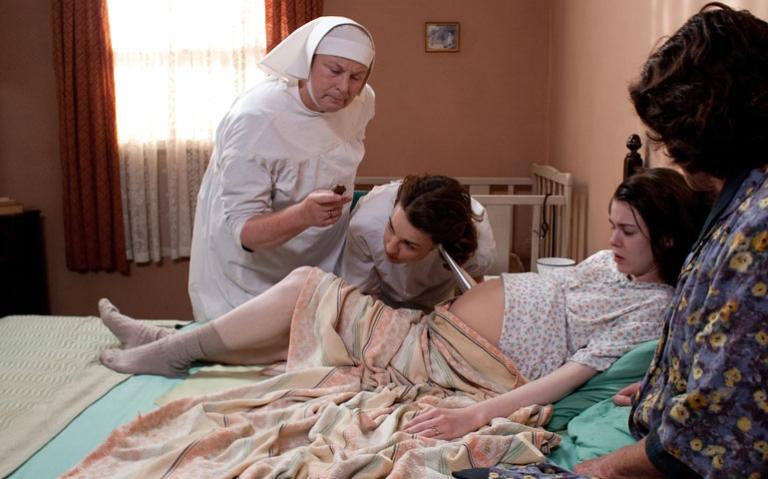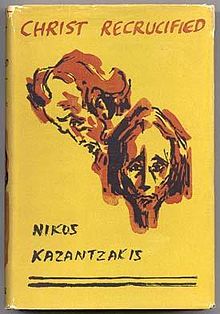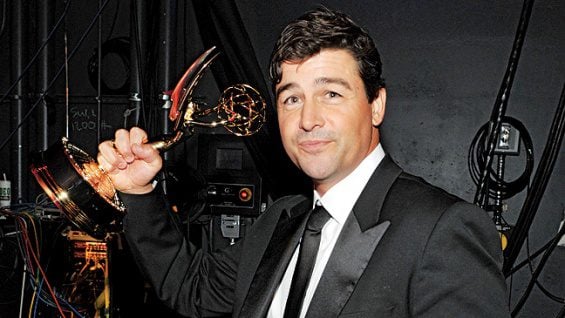In today’s www.cynopsis.com online newsletter (March 30, 2009)

ABC brings out the sandals, chariots and gladiators in a new miniseries version of Ben Hur, per Variety. The four-hour miniseries, from Alchemy Television Group and Spain’s Drimtim Entertainment, is being shopped at MIPTV this week. This new version of Ben Hur is executive produced by David Wyler, son of William Wyler who executive produced the 1959 Oscar-winning motion picture about the rebel hero in ancient Rome. Alchemy’s Simon Vaughan and Drimtim’s Roger Corbi will also executive produce. Production on the $22.5 million project is scheduled to begin this May in Spain, though ABC has not yet set an air date. Other co-production partners include ABC, Canada’s Muse Entertainment and the CBC, Morocco’s Zak Productions, Spain ‘s Antenna 3 and Germany’s Akkord Films and Pro Seiben.
From Sr. Rose: What would make this new miniseries stand out would be if they used all the characters and story lines from Wallace’s novel (much like the Charlton Heston version of Robert Bolt’s play “A Man for All Seasons” in 1988. Heston directed and acted in the play; see Internet Movie Database for more info on that production. The 1966 Oscar-winning version of the film left out a character that provided a deeper dimension and understanding of the issues that sent Sir Thomas More to his death. Heston’s version restored that character … to great effect I thought. I had put off watching the video (not sure you can find it any more) back then because I didn’t want anything to tarnish my admiration for the Paul Scofield as Thomas. But if you ever get a chance to see Heston in the role of Thomas More, be sure to see it.
In Wallace’s novel Ben-Hur: A Tale of the Christ, if I recall well, Balthazar’s daughter plays a key role and complicates the plot to good effect making the ending very different from that of William Wyler’s 1959 film (but no less virtuous).
The big question is, how can anyone ever repeat the chariot race?











